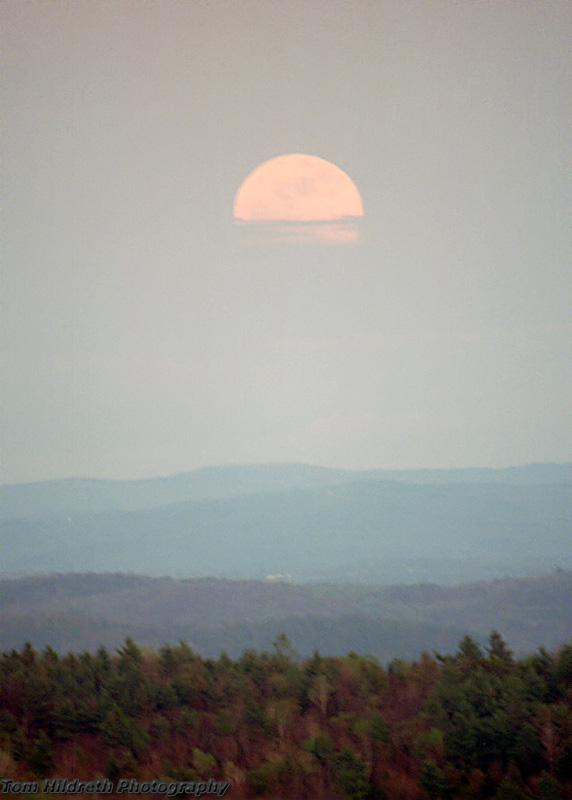Not So Smart Grid?
By
Tom Hildreth
As America’s electrical power producers draw the nation closer to what has been vaguely termed the smart grid, we should look at what this means.
Background
During early industry discussions, smart grid technology offered the promise of preventing rapidly-moving grid failures such as that which led to the Northeast Power Blackout of August, 2003. Years later, here in Vermont we are being told smart grid means the state’s power providers will no longer need a person to come and read the meter on your house. A huge gulf exists between these two uses of the term smart grid.
Traditionally, most grid load adjustments have been made between power producers and control centers by telephone voice communication. It may sound old-fashioned, but these communications are not subject to computer viruses and other malicious computer-related activity such as hacking. If the power industry strays from this technique, especially if they go with an open-architecture operating system for these load changes, we will be asking for trouble.
Need for Security
An article in the London Times of June 1, 2012 claims the United States, in concert with Israel, has engaged in cyber warfare against Iran. Reportedly the Iranian uranium enrichment program was targeted by a “computer worm” known as “Stuxnet”. This information has been in the public domain for about a year now. It has resulted in the present knee-jerk demand from Congress that the classified “leaks” coming from the Beltway be investigated.
The architecture of the American "smart grid" must include an incredibly strong means of cyber security. In cyber warfare, the tactical range of the enemy's weapon system is global, and attacks can come from a desk top anywhere in the world. The future American smart grid will be in the crosshairs of country or group with a dislike for America. The Wikileaks case shows that the Federal Government has has a very weak record with computer security, so it would be wise if security for the “smart grid” was the responsibility of the industry instead.The future
Many people claim they don’t want meters with radio-frequency (RF) transmitters on their house for health reasons. When it comes to exposure to RF, there is only one area that we can control at the consumer level. This is what could be called recreational exposure, and is most commonly encountered when you are holding an electronic device less than ten years old in your hand. The future promises additional household exposure to RF, as smart appliances will likely communicate with smart meters by sending RF signals throughout your household. If this idea is unattractive to you, it should be the subject of future public dialog.
The power company ads that promote smart meters are targeting the computer-savvy young folks among us. They are told they will be able to log on to an account and presumably control their electrical usage. If programming your clothes dryer to turn on at 3:00 AM will save you money (presumably by running when an off-peak rate is in effect), then it all makes sense. On the down side, you will then have yet another account involving usernames, passwords, and personal information security risks that all such arrangements entail. The End.

.jpg)









